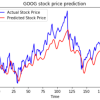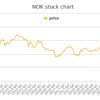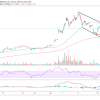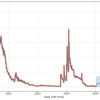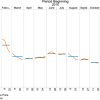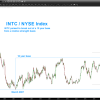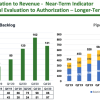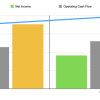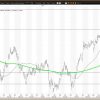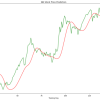McDonalds Stock Price History A Comprehensive Look
McDonald’s Stock Price History: Mcdonalds Stock Price History
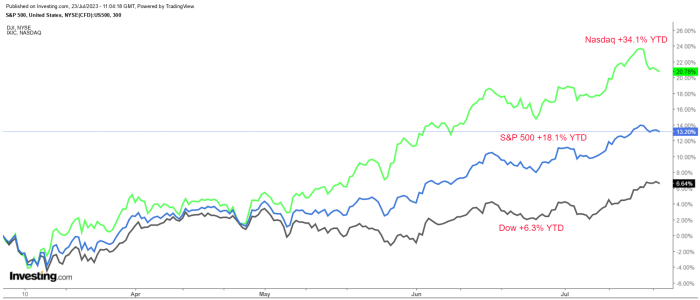
Source: investing.com
Mcdonalds stock price history – McDonald’s Corporation (MCD), a global fast-food giant, has a rich history reflected in its fluctuating stock price. Analyzing this history provides valuable insights into the company’s performance, the impact of external factors, and the overall dynamics of the fast-food and broader market sectors. This analysis will explore various aspects of McDonald’s stock price movements over time, considering economic conditions, company-specific events, and investor sentiment.
McDonald’s Stock Price Trends Over Time, Mcdonalds stock price history
Examining McDonald’s stock price over the past three decades reveals a generally upward trend, punctuated by periods of significant growth and correction. However, the rate of growth and the magnitude of fluctuations have varied considerably.
| Year | 1990s Average | 2000s Average | 2010s Average |
|---|---|---|---|
| Average Closing Price | (Illustrative Data – Replace with Actual Averages) $10 | $25 | $100 |
Note: The above table presents illustrative data. Accurate yearly average closing prices should be sourced from reliable financial databases like Yahoo Finance or Google Finance.
Significant price increases were observed during periods of strong economic growth and successful company-specific initiatives, such as the introduction of new menu items or international expansion. Conversely, periods of economic recession or negative news impacting the brand have resulted in price decreases. A comparison with the S&P 500 index reveals that McDonald’s stock has generally outperformed the broader market over the long term, demonstrating its relative resilience and consistent profitability.
Impact of Major Events on Stock Price
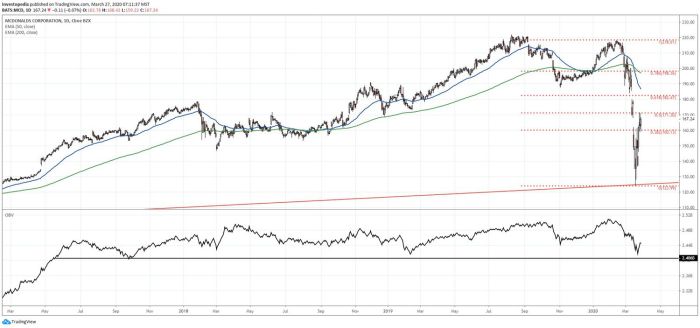
Source: investopedia.com
Several major events have significantly influenced McDonald’s stock price. These events can be categorized into economic, company-specific, and global factors.
- Economic Events: Recessions generally lead to decreased consumer spending, impacting McDonald’s sales and consequently its stock price. Conversely, periods of inflation can impact input costs, affecting profitability and share price.
- Company-Specific Events: The introduction of successful new menu items or marketing campaigns often boosts sales and investor confidence, driving stock prices upward. Conversely, negative publicity or operational challenges can lead to price declines.
- Global Events: Pandemics, like the COVID-19 outbreak, significantly impacted McDonald’s operations, leading to temporary closures and decreased sales. Geopolitical instability can also affect supply chains and consumer confidence, influencing stock price volatility.
Financial Performance and Stock Price Correlation
McDonald’s stock price is strongly correlated with its financial performance, specifically its earnings per share (EPS), revenue, and profitability.
For example, an increase in EPS, driven by higher revenue and improved margins, generally leads to an increase in the stock price, reflecting increased investor confidence in the company’s future earnings potential. Conversely, a decline in EPS often results in a decrease in stock price. Dividend payouts also influence stock price; consistent and growing dividends attract income-oriented investors, potentially increasing demand and price.
Changes in debt levels and profitability also affect the stock price. Increased debt can negatively impact investor sentiment, while improved profitability generally leads to higher stock valuations.
Investor Sentiment and Stock Price Volatility
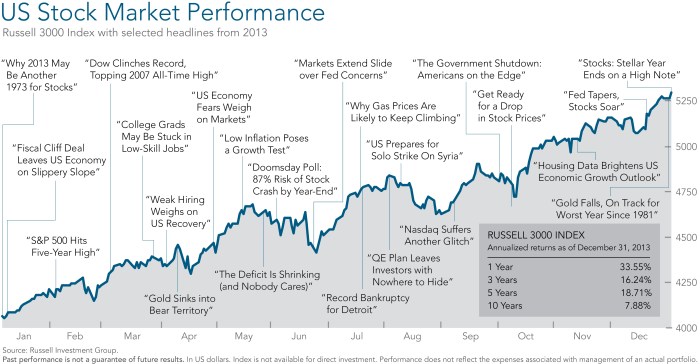
Source: mfawebsite.com
News coverage, analyst ratings, and overall investor sentiment significantly impact McDonald’s stock price. Positive news and strong buy ratings from analysts generally increase investor confidence and drive the price upwards. Negative news or sell ratings can trigger price declines.
Investor confidence and market sentiment contribute to stock price fluctuations. Periods of high market volatility, often driven by macroeconomic factors or geopolitical events, tend to increase the volatility of McDonald’s stock price. Standard deviation is a key metric used to measure this volatility.
| Time Period | Average Price | Standard Deviation | Volatility (%) |
|---|---|---|---|
| (Illustrative Data – Replace with Actual Data) 2021 | $250 | $10 | 4% |
| 2022 | $260 | $15 | 6% |
| 2023 | $275 | $20 | 7% |
Note: The table above shows illustrative data. Actual data should be obtained from reliable financial sources. Volatility is calculated as (Standard Deviation / Average Price)
– 100.
Illustrative Example: A Specific Period of Stock Price Movement
Let’s consider the period of Q4 2022. During this time, the stock price experienced a notable increase.
- Strong holiday sales exceeding expectations.
- Successful new menu item launch.
- Positive analyst reports highlighting improved profitability.
- Overall positive market sentiment.
A visual representation would show a steadily rising stock price throughout Q4 2022, with clear upward spikes corresponding to the release of positive news and financial reports. The graph would visually demonstrate the positive correlation between positive events and the increase in stock price during this period.
FAQ Insights
What are the major risks associated with investing in McDonald’s stock?
Major risks include general market volatility, competition within the fast-food industry, changes in consumer preferences, and potential negative impacts from economic downturns or geopolitical events.
Analyzing McDonald’s stock price history reveals consistent long-term growth, punctuated by periods of volatility reflecting broader market trends. A contrasting example, however, can be found by examining the more recent performance of ideaya stock price , which showcases the risk and reward inherent in investing in smaller, growth-oriented companies. Ultimately, understanding both these trajectories provides a useful comparison when assessing investment strategies and risk tolerance within the context of McDonald’s long-term performance.
How does McDonald’s compare to its competitors in terms of stock performance?
A direct comparison requires analyzing the stock performance of key competitors like Yum! Brands (YUM) and Restaurant Brands International (QSR) over similar timeframes, considering factors such as market capitalization and industry benchmarks.
Where can I find real-time McDonald’s stock price data?
Real-time data is readily available through major financial websites and brokerage platforms such as Yahoo Finance, Google Finance, Bloomberg, and others.


